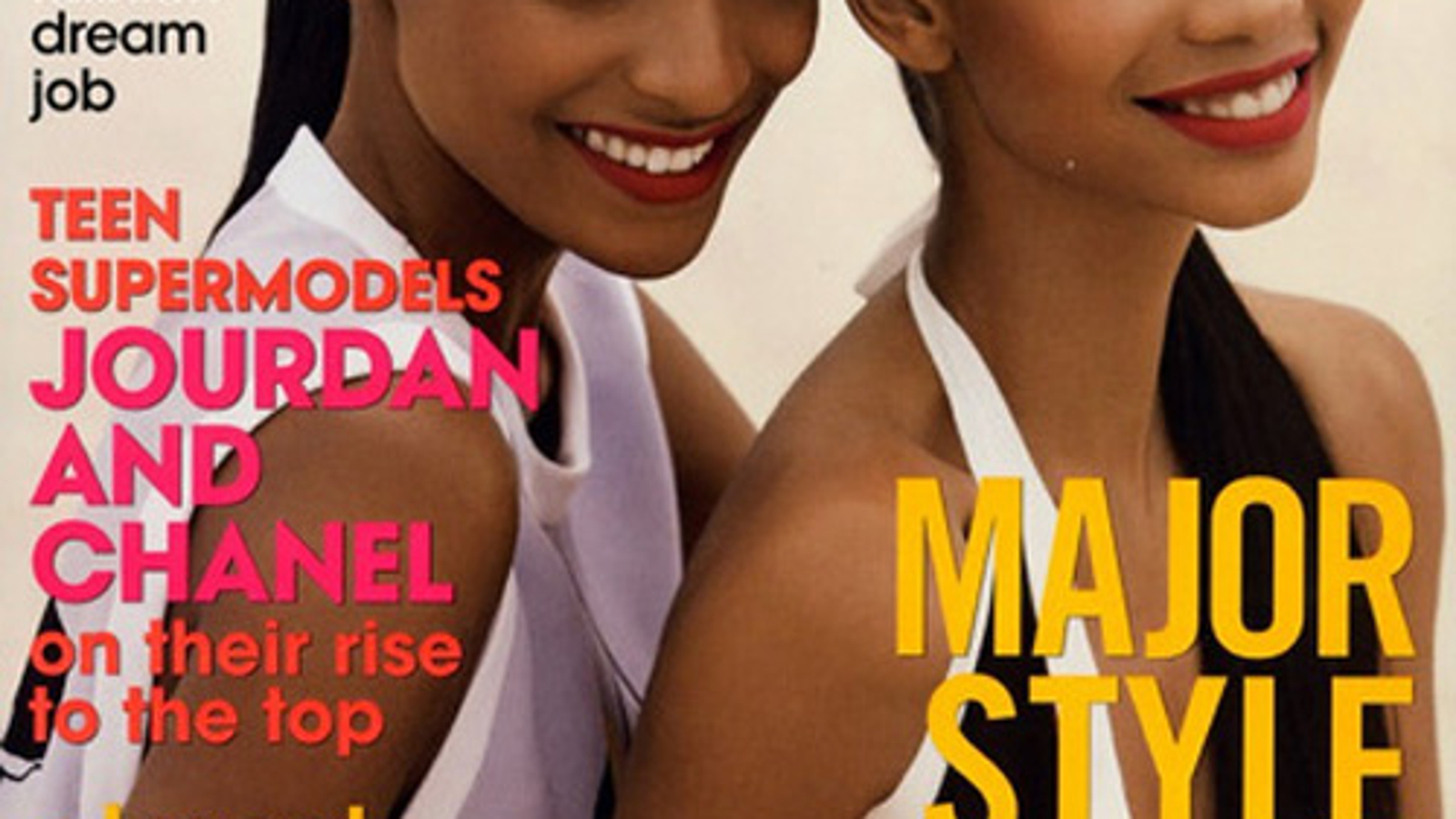
Nicholas-Williams, 28, who has modelled for Adidas, Boots and Dove, said that she had struggled with an eating disorder as a teenager and had worked hard at loving her own body. “Where is Nyome’s confidence level supposed to be now?” “Ironically, it was supposed to be a confidence shoot,” said Cameron, describing the style of shoots she does specifically to boost female self-esteem. Female nipples, unlike male ones, have long been banned and photographers have used inventive ways to craftily cover them up, using everything from leaves, emojis, black censorship blocks and often, as in Cameron’s case, the model’s arms or a sprig of lavender. Under the platform’s community guidelines, nudity or sexual activity is restricted but is monitored on a case by case basis. So I know I’m not alone Nyome Nicholas-Williams “What is it about a plus-size black woman’s body that is so offensive and so sexualised? The Playboy feed is filled with naked white models and it’s all for the male gaze, which is the opposite of what I do, and they’re allowed to stay.” More black women have been getting in touch with me to say the same has happened to them. This was the first time it happened to me, and it kept happening because I kept reposting the pictures and they kept getting deleted, and you have to ask why.

She said: “I have posted photos of many more women – white women – who had clothes on than Nyome that never got reported or deleted. That’s why we’re committed to looking at the ways our policies, tools and processes impact black people and other under-represented groups on Instagram.”Ī month later, Vishal Shah, the company’s vice-president of product, announced that an internal equity team would be rooting out “any bias in our systems and policies”, and the platform launched its #ShareBlackStories campaign to promote black voices.Ĭameron, 34, who has worked as a photographer for more than a decade and posted thousands of photos on her account, was furious at the apparent discrepancy between what Instagram said and what it was actually doing.

In a blogpost he wrote: “Words are not enough. In June CEO Adam Mosseri acknowledged the need for Instagram to look at “algorithmic bias” and said that he was “hearing concerns about whether we suppress black voices and whether our products and policies treat everyone equally”. The platform, with over a billion users and 15,000 people working around the world to review posts and look for banned material, has been repeatedly accused of discriminating against black people. Photograph: Matt Winkelmeyer/Getty Images for WIRED Instagram CEO Adam Mosseri has admitted that the platform needs to look at ‘algorithmic bias’.


 0 kommentar(er)
0 kommentar(er)
